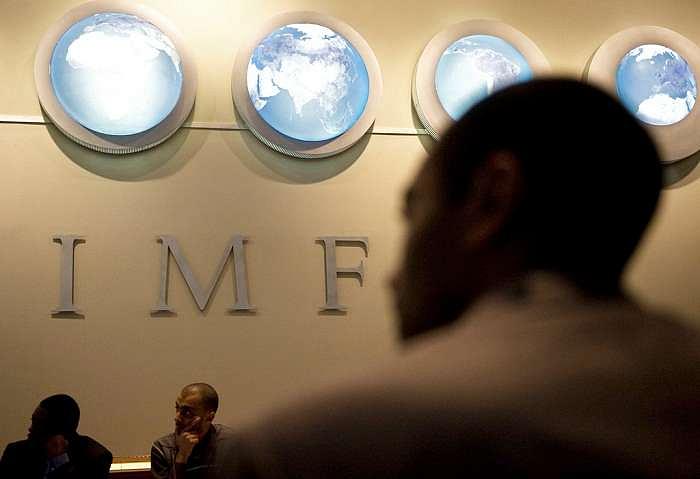New regional IMF study: foreign banks bring good practices but can provoke boom & bust with financing

The International Monetary Fund (IMF) has released a new regional report on Central, Eastern and South-Eastern Europe, covering Romania and the other, newer EU Member States. The report looks at the banking sector across the region and highlights the role foreign banks have played, with an eye on how best to finance sustainable future growth in Eastern Europe. The IMF will surely refer to the document in its dealings with countries, such as Romania, that have ongoing dealings with the international financial institution.
Foreign ownership in the region's banking sector is a positive influence, according to the IMF, however, foreign financing appears to be something of a mixed blessing. The presence of banks from outside the region, mainly Western Europe, has brought modern banking practices, improved governance and increased access to credit. Local banking crises have been reduced by the involvement of the big, Western European banking groups, according to the IMF. “The sharp reduction in banking crises since the entry of foreign banks is striking,” reads the IMF report, published today (April 26 ).
But while the foreign banks have brought some stability and modernization of banking practices, the at times significant funding has contributed to boom and bust in the region. “During good times, inflows of foreign funding fuel and finance credit booms, while during bad times, the repayment of external funding contributes to tight credit conditions,” according to the IMF.
The IMF recommends regional involvement in integrated European banking regulation as a possible cure to the blight of credit driven boom and bust. “Pushing ahead with establishing the envisaged integrated European financial architecture would reduce swings in the availability of funding to banks,” reads the IMF document. The IMF also urges improved cooperation between home and host countries of international banks, which would, according to the financial institution, also reduce damaging fluctuation in availability of funding. Policy makers can play a part; “by removing obstacles to credit growth.” Getting to grips with the volume of non-performing loans and developing local capital markets are given as two possible areas for action.
Central, Eastern and Southeastern Europe – Regional Economic Issues is a new publication from the IMF's European Department.
Liam Lever, liam@romania-insider.com












